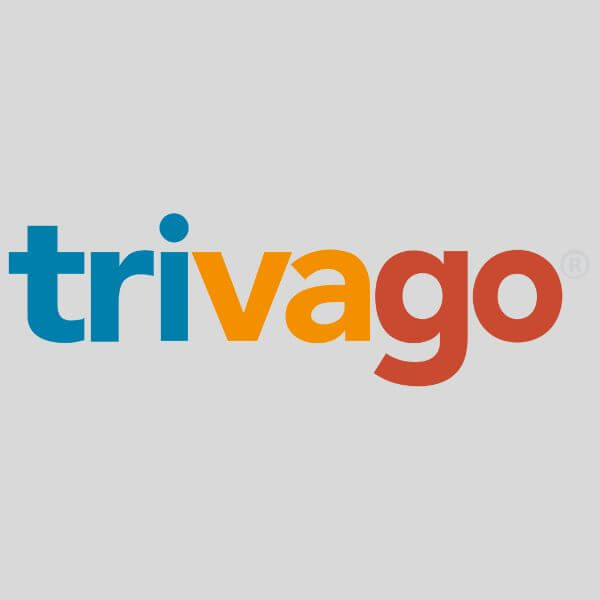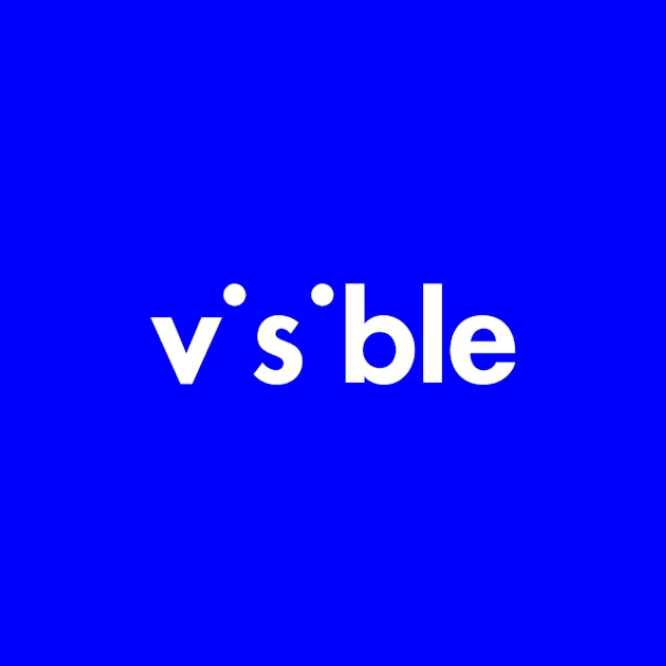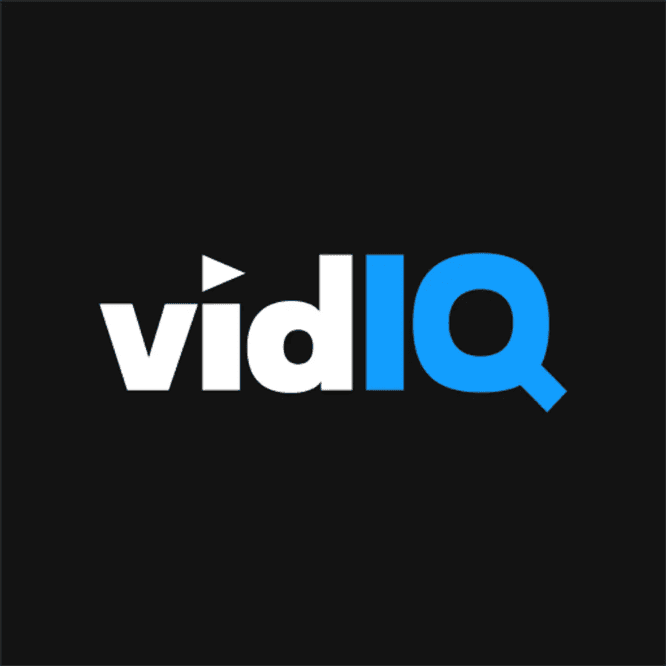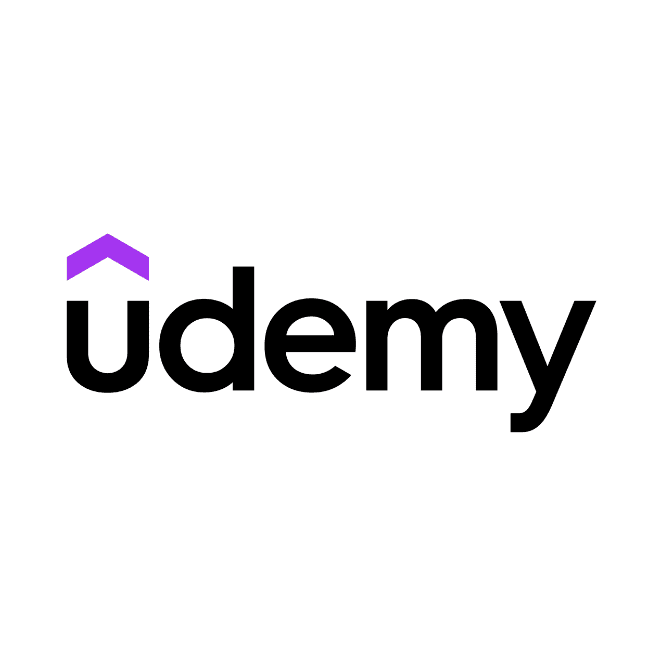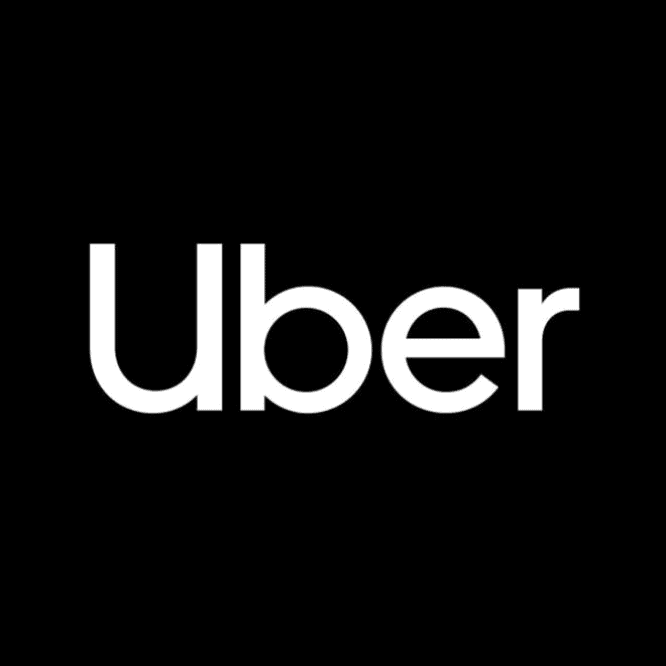About Trivago
Trivago N.V. is a German technology company specializing in travel and lodging. Its primary product is an online metasearch engine and accommodation booking website. Trivago’s core function is to aggregate and list prices for hotels and other accommodations from hundreds of booking sites (like Booking.com and Expedia) and hotels directly, allowing users to compare deals in one place.
Its business model is primarily based on cost-per-click (CPC) advertising, where booking platforms and hoteliers pay Trivago when a user clicks out from the Trivago site to their respective booking website. It is owned by the US-based Expedia Group.
Affiliate Earnings Calculator
Estimate your affiliate income based on Traffic, CTR, AOV, and Commission rate. Drag the sliders below to explore different scenarios.
Estimated Results
These figures are for illustrative purposes – feel free to adjust them to fit your specific niche.
- Conversion Rate here is defined as the percentage of traffic that buys.
- Does not account for refunds, cancellations, or varying commission rates by product.
Trivago Affiliate Program Overview
The Trivago Affiliate Program allows publishers and content creators to earn commissions by referring traffic that leads to “click-outs” on the Trivago platform. Trivago does not handle the final booking directly, so the commission is generally based on the value of the click-out (the referral to a partner site) rather than a completed booking (though some networks may report it as a CPA or CPS model). The program is often managed through major affiliate networks like Travelpayouts, Awin, or FlexOffers, rather than solely in-house.
| Information | Detail |
| Industry | Travel, Hotel Metasearch, Leisure & Tourism |
| Product Type | Hotel/Accommodation Price Comparison (Metasearch Engine) |
| Affiliate Program Type | Cost-Per-Click (CPC) / Revenue Share of Click-out (Lead Generation) |
Trivago Affiliate Program Offers
The specifics of promotional materials and rules can vary depending on which affiliate network you join the Trivago program through (e.g., Travelpayouts, Awin, etc.).
| Factor | Detail |
| Promotional Materials | Text links, search boxes, customizable widgets, banners, APIs (depending on the network/partner) |
| Affiliate Cookie Duration | Varies by network: Typically 30 days (Common on Travelpayouts/FlexOffers US) or as short as 1 day (Reported for FlexOffers DE/UK) |
| Accepted Traffic Sources | Travel blogs, content websites, social media (for some networks), email newsletters. |
| Accepted Countries | Global (Trivago operates in over 190 countries with many localized sites), but specific programs may target regions (e.g., Trivago US, Trivago DE & UK). |
| Explicit Content | Generally Not Accepted (Affiliate networks strictly prohibit promotion on sites containing explicit, illegal, or offensive material). |
| Religious or Political Content | Generally Not Accepted for association (Affiliate networks typically restrict promotion on sites containing hate speech, discrimination, or overly sensitive political/religious material). |
Trivago Affiliate Commissions & Payments
The commission structure is based on the revenue Trivago earns from a click-out to a partner booking site. The percentage you earn is a share of that revenue.
| Factor | Detail |
| MLM (Multi-Level Marketing) | No (It is a standard affiliate/referral program). |
| Commission Rate | Varies significantly based on network/region: Commonly 40% of the click-out revenue. Other reported rates include $0.72 EUR per click-out (for UK users) or low percentages on some local networks. |
| Commission Structure | Revenue Share / Cost-Per-Click (CPC) on qualified click-outs/leads. The affiliate earns a percentage of the commission Trivago receives from its hotel partners when a user clicks through to book. |
| Payout Frequency | Varies by network: Often Monthly (typically Net 30 or Net 60 after confirmation). |
| Payout Methods | Varies by network: Common methods include PayPal, Bank Transfer, WebMoney, etc. |
| Minimum Payout | Varies by network: Can be as low as $10 USD (WebMoney on Travelpayouts), $50 USD (PayPal on Travelpayouts), or higher for bank transfers. |
Suitable Affiliates for Trivago Affiliate
The Trivago affiliate program is highly suitable for affiliates operating in the travel and tourism niche who focus on driving traffic to hotel comparison pages.
| Affiliate Type | Suitability | Notes |
| Bloggers | High | Especially travel, lifestyle, and budget travel bloggers who write hotel reviews, destination guides, or “best of” lists and can integrate search widgets or contextual links. |
| TikTokers | Moderate/High | Good for short-form video creators who can quickly showcase deals or comparison features and use “link in bio” for traffic. |
| KOC (Key Opinion Consumer) | Moderate | Suitable if they create authentic travel content and can directly influence hotel choice based on comparisons. |
| KOL (Key Opinion Leader) / Influencers | High | Travel influencers with engaged audiences who need accommodation suggestions for their trips. |
| YouTubers / Video Editors | High | Excellent for travel vloggers, digital nomads, or finance/deal channels that focus on finding the best value in hotel stays. |
| Livestreamers | Moderate | Can be useful if streaming travel planning, but generally less direct than evergreen content. |
Trivago Affiliate Software
Trivago primarily manages its affiliate program through Affiliate Networks rather than solely using proprietary, in-house software.
- Primary Networks Used: Travelpayouts, Awin, and FlexOffers are frequently mentioned platforms where publishers can access the Trivago program.
- Affiliate Management Software: Since they utilize these major networks, the affiliate tracking, reporting, and payment are handled by the software of the managing network (e.g., Travelpayouts’ platform).
3 Alternatives for Trivago Affiliate Program
Here are three popular alternatives in the travel accommodation space to compare with Trivago’s program.
| Comparison Factor | Trivago (Via Network, e.g., Travelpayouts) | Booking.com (Direct Program) | Agoda (Direct Program) | Tripadvisor (Via Network) |
| Average Bill | Not applicable (Lead/Click-out) | High (Actual booking value) | High (Actual booking value) | Not applicable (Lead/Click-out) |
| Entry Fees | Free | Free | Free | Free |
| Withdrawal Threshold | Varies by network (e.g., $10 – $400) | €100 / $100 (varies) | $200 | Varies by network |
| Payment Frequency | Monthly (Net 30/60) | Monthly (Net 30) | Monthly | Monthly |
| Commission | ~40% of click-out revenue (CPC) | 25% – 40% of Booking.com’s revenue (Tiered CPA) | 4% – 7% per completed booking (Tiered CPA) | 50% of Tripadvisor’s revenue (CPC) |
| Conversion | Focus on Click-Out conversion | Focus on Completed Booking conversion | Focus on Completed Booking conversion | Focus on Click-Out conversion |
| Marketing Materials | Links, Widgets, Banners, Search Boxes | Search Box, Banners, Deals Finder, API | Links, Data Feeds, Search Boxes, Banners | Links, Widgets, Banners, Review Content |


